Sustainable Agrifood Systems Intelligence (SASI)

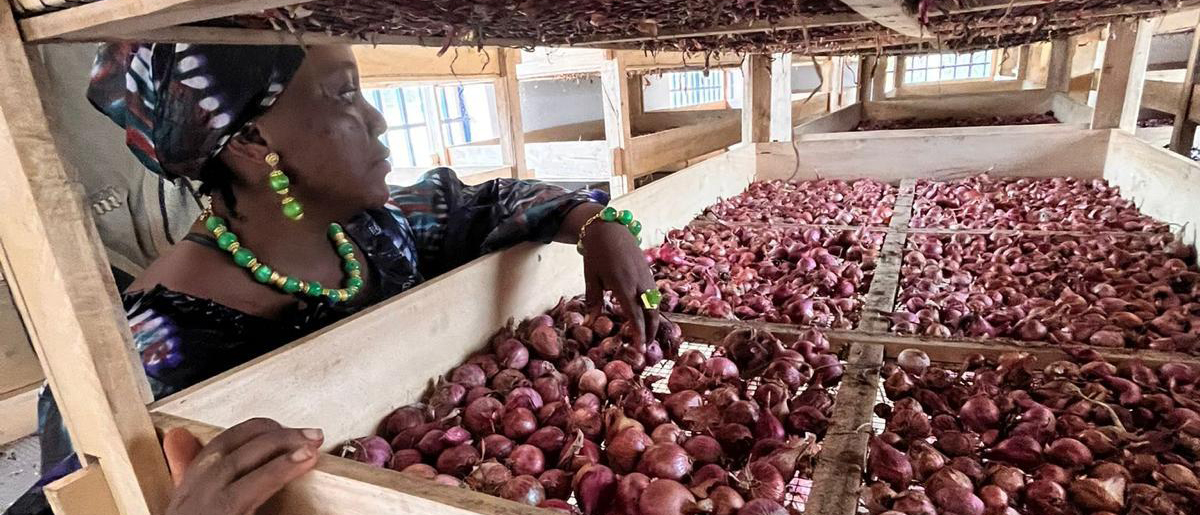


Agrifood systems concern the way our food is produced, processed, transported, traded, distributed, consumed and disposed of. Population growth, urbanization, shifting wealth and changing consumption patterns are straining these systems, jeopardizing their ability to provide healthy food and sustainable livelihoods.
Agrifood systems produce about one- third of global greenhouse gas emissions and consume large amounts of natural resources, especially water. They also contribute to critical biodiversity loss and land degradation, threatening the very existence of agriculture for future generations. All this underscores the urgent need to sustainably transform agrifood systems.

This overview , available in English and Somali, summarises the main report highlighting the challanges facing Somalia in its pursuit...
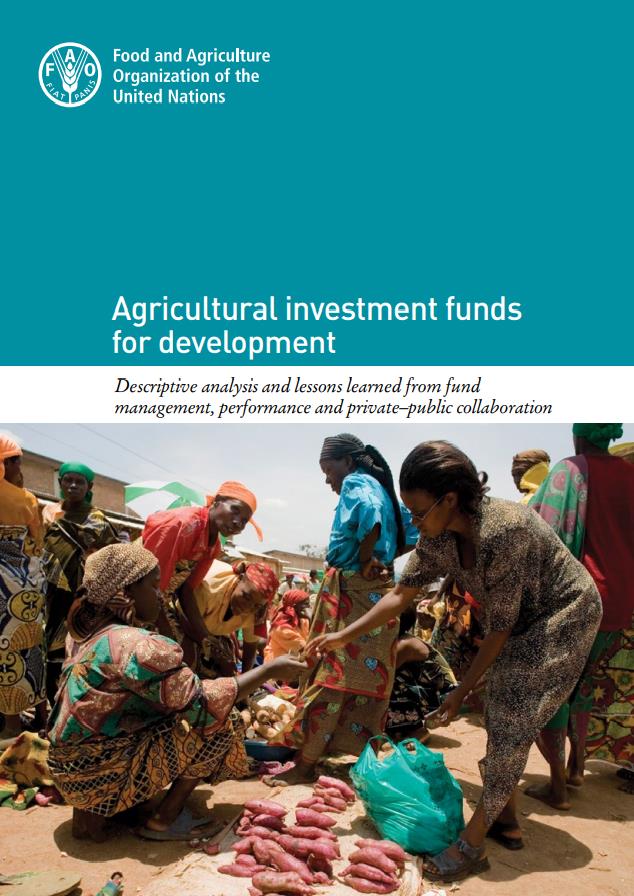
The attractiveness of agricultural investments as profitable business ventures is tempered by the risks associated with such investments. The publication...
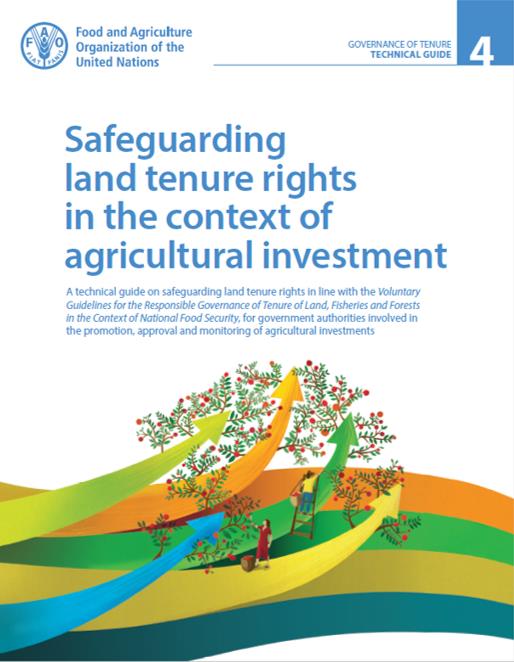
This publication provides detailed guidance to government authorities and others on actions they can take to help them to create an...
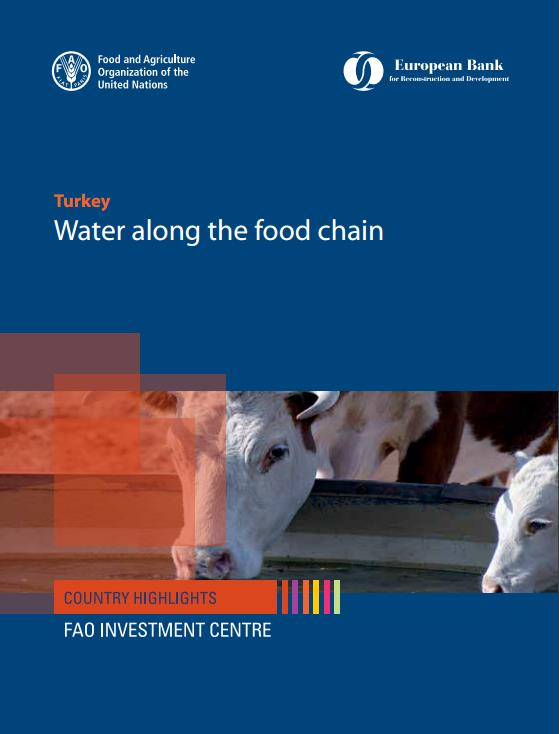
Climate change, rapidly rising demand and inefficient practices are...
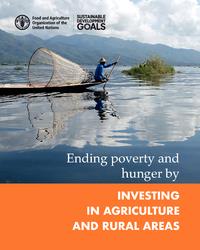
With the adoption of the new 2030 Agenda for Sustainable Development, countries have renewed their commitment to fight poverty and...
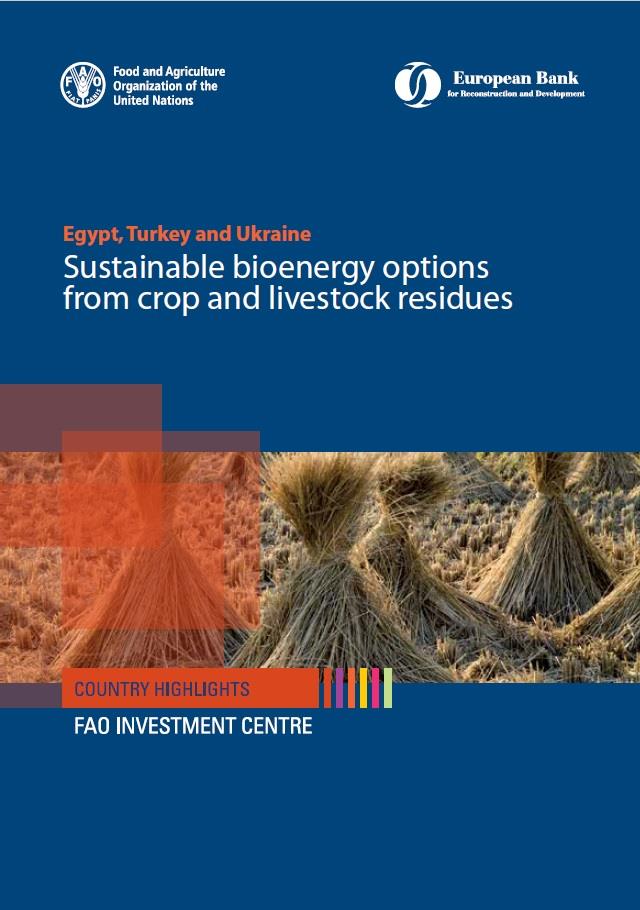
Bioenergy plays an important role in country-level climate change mitigation. The Bioenergy and Food Security (BEFS) Approach of FAO helps...
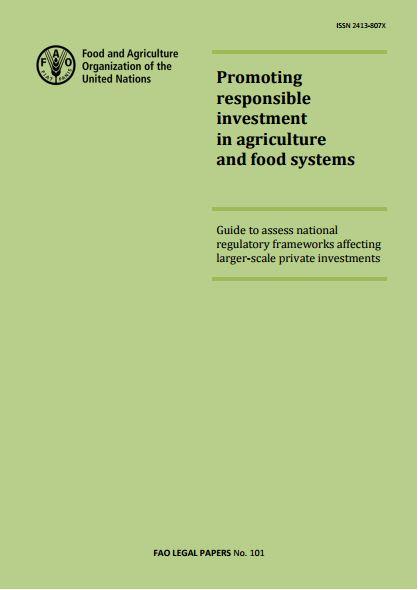
Growing attention has been drawn to the need to ensure that all investments in agriculture and food systems are done...
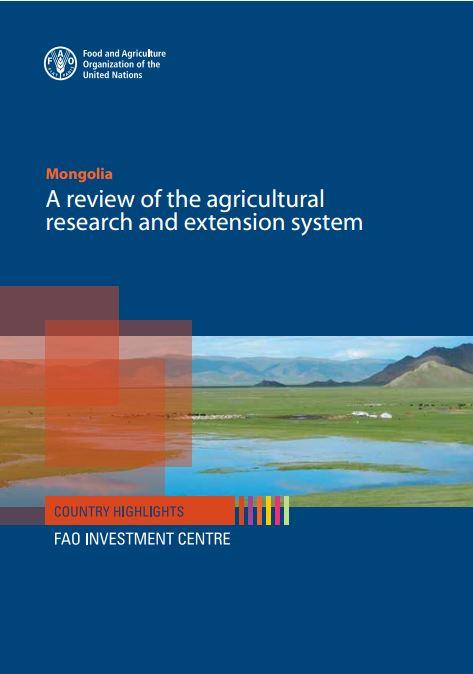
The importance of agriculture to Mongolia’s economy makes sustainable agricultural development a national priority. Yet investment in research and extension...
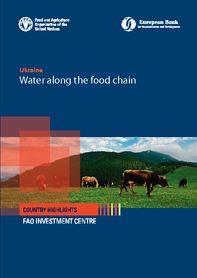
A few crucial issues affect the Ukrainian dairy sector...
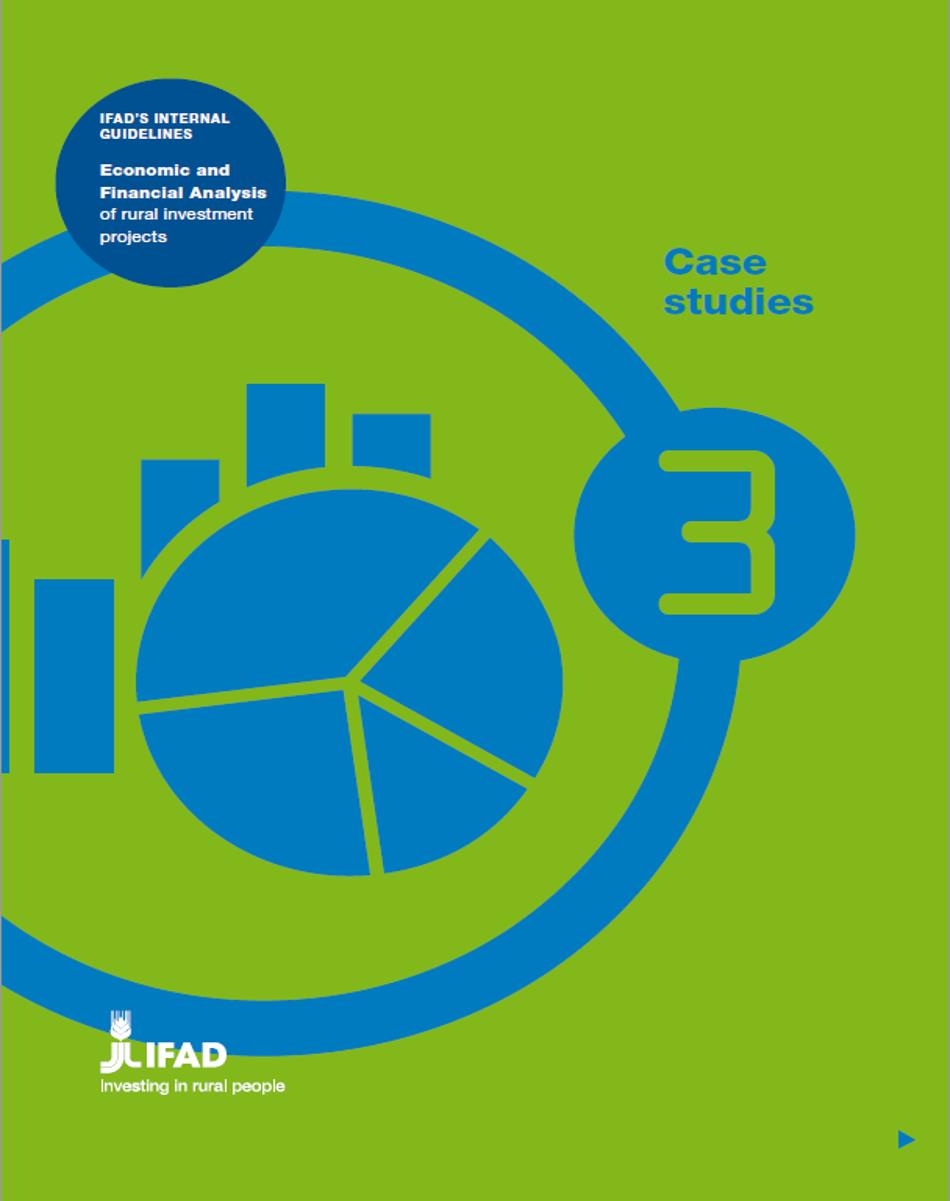
A ‘sourcebook’ of practical, short and well-referenced EFA guidance notes built on actual case studies. Guidance includes a wide array...
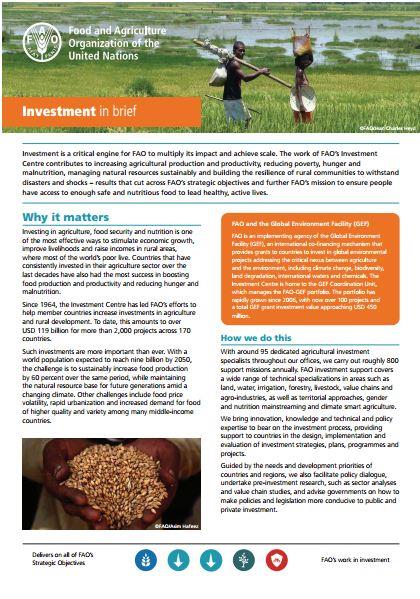
Investment is a critical engine for FAO to multiply its impact and achieve scale. The work of FAO’s Investment Centre...
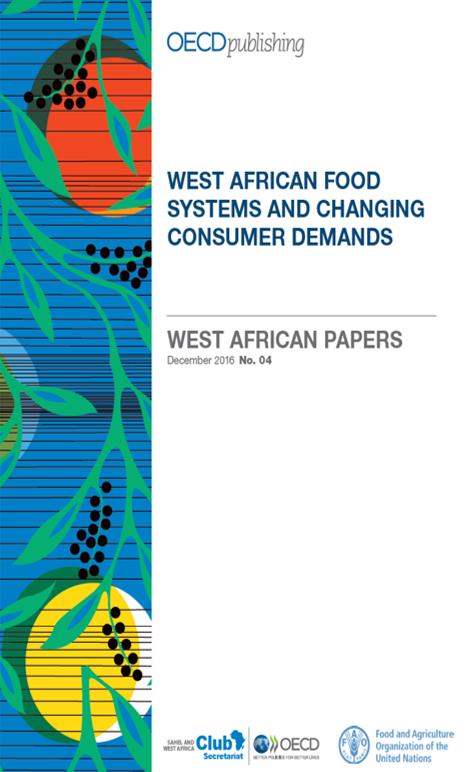
Fueled by a burgeoning population, urbanisation and income growth, West African food demand is rapidly transforming, providing great opportunities to...
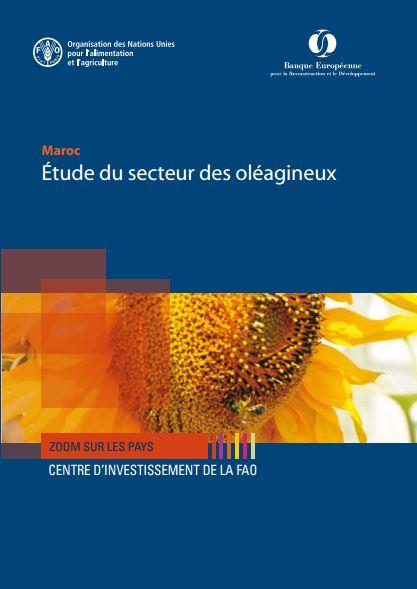
Dans un contexte de libéralisation et malgré la croissante soutenue de la demande domestique en produits oléagineux, la filière marocaine...
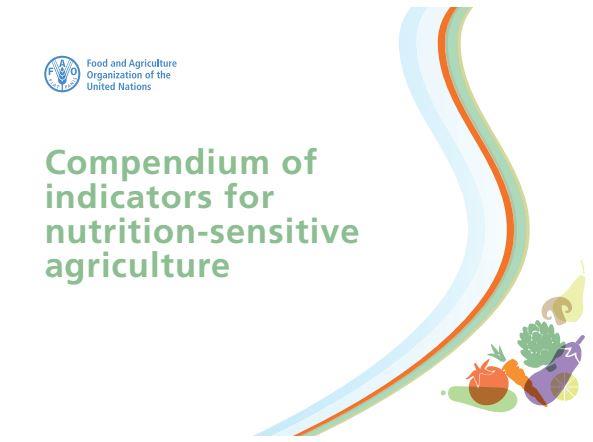
An investment policy, programme or project can be considered nutrition-sensitive if it contributes to better nutrition by addressing some of...
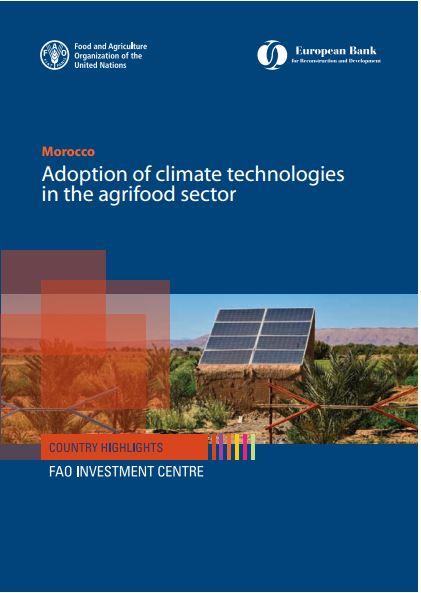
Morocco has launched an ambitious national programme to combat climate change and enhance environmental sustainability. The findings of this report...
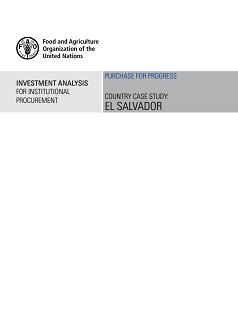
The study aims to investigate the main benefits arising from the Purchase for Progress (P4P) initiative and its impact...
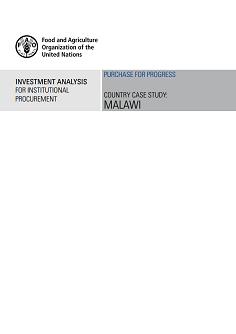
The study aims to investigate the main benefits arising from the Purchase for Progress (P4P) initiative and its impact on...
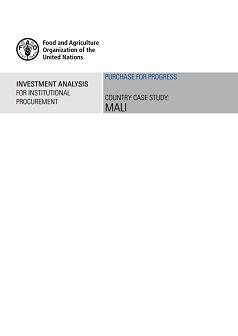
The study aims to investigate the main benefits arising from the Purchase for Progress (P4P) initiative and its impact on...
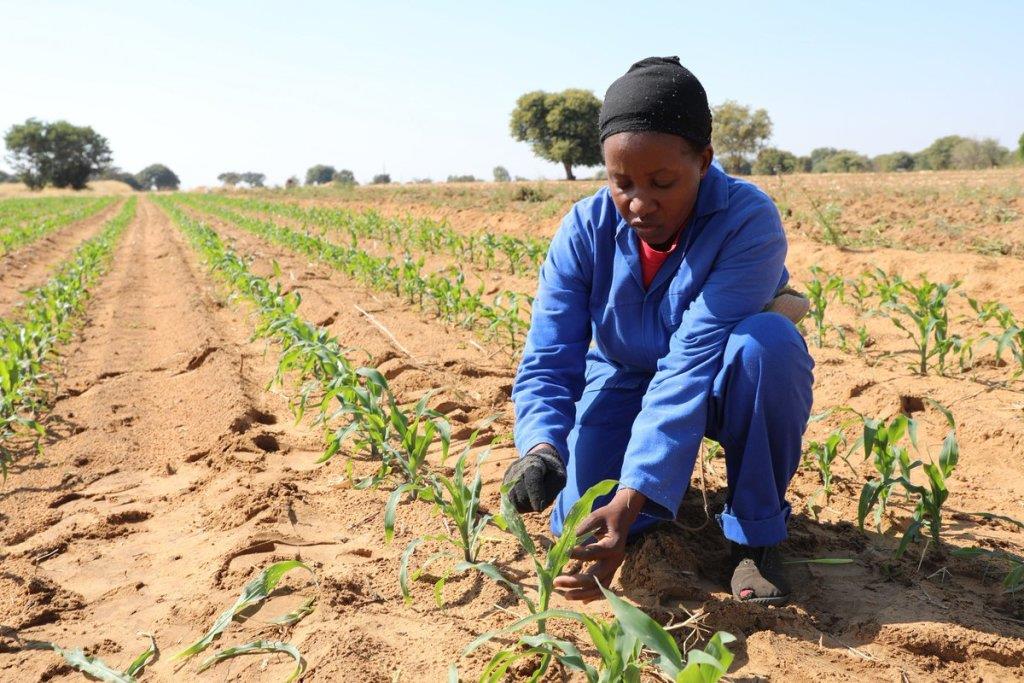
![P4P Tanzania_thumb[1]](/images/faoinvestmentcentrelibraries/publications/p4p-tanzania_thumb-1-.png?sfvrsn=a0d68572_0)
The study aims to investigate the main benefits arising from the Purchase for Progress (P4P) initiative and its impact on...